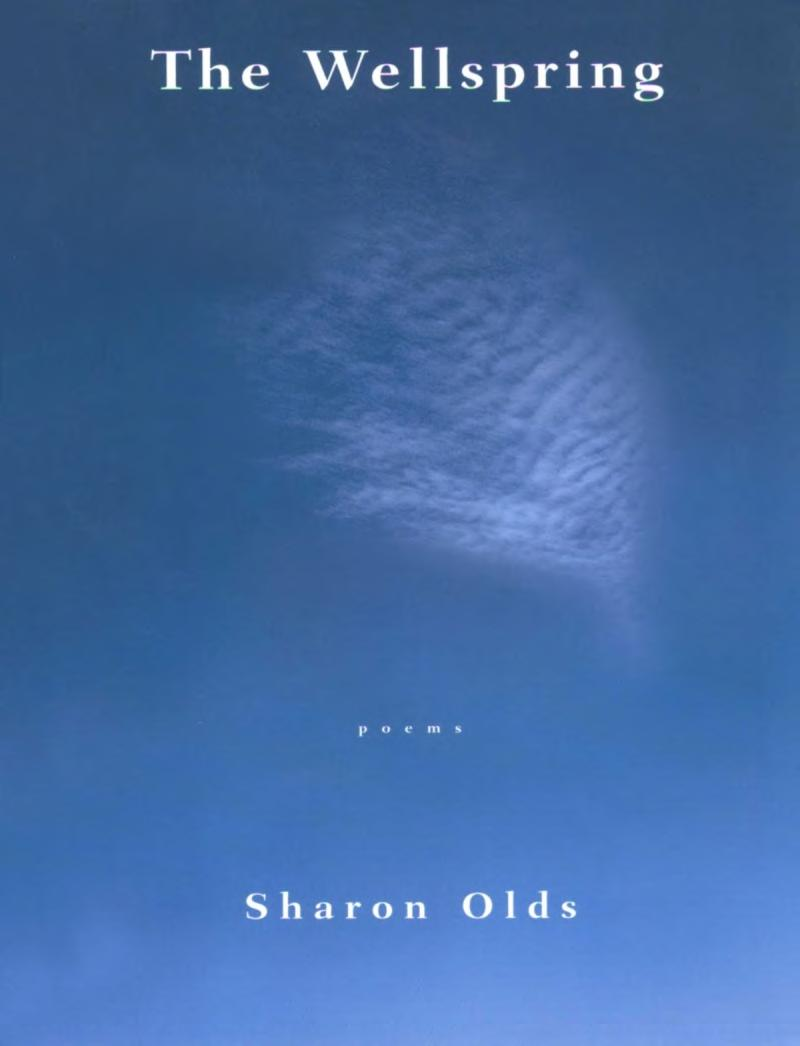
The Wellspring
Poems
کتاب های مرتبط
- اطلاعات
- نقد و بررسی
- دیدگاه کاربران
نقد و بررسی

January 1, 1996
The subjects covered in Olds's (The Father) new collection will be familiar to readers, as will be her uncompromising insights and the beauty of her verse. The poems of Part I address the poet's childhood and her uneasy relationship with her parents, subjects about which she continues to display the bittersweet lyricism at which she excels: ``...sometimes I thought she could/ sense bits of herself in my body/ like dots of undissolved sugar/ in a recipe that did not quite work out.'' Part II, concerned primarily with adolescence and awakening sexuality, offers perhaps the strongest grouping as Olds explores sexuality in an ``endless... apprenticeship to the mortal.'' Least effective are the poems that follow, mainly about her children and her motherhood, where even Olds's powers of microscopic observation-of both self and other-do not always lift this material out of the mundane. The last poems celebrate love in marriage, portraying the maturing of erotic and emotional bonds over time (``love is simply our element,/ it is the summer night, we are in it.'') While one might wish to see Olds taking more chances and expanding her subject matter, she does not fail to awaken us to the depth and beauty of familiar concerns.

January 1, 1996
In this her fifth collection, award-winning Olds (What Silence Equals: Poems, LJ 1/94) surveys her life from conception to middle age with the laserlike attention to emotional and physical detail that is her hallmark. The book's first two sections focus on childhood and adolescence; the self-portrait Olds paints is of a voracious and egocentric child who thirsts for attention and is sensually attuned to all she experiences. Her recollections of her father's casual cruelties (he composed a humiliating tongue twister for his lisping daughter to recite at Sunday breakfast), though chilling, are dispassionately recounted. The second two sections are devoted to parenthood and conjugal love. Olds's poems about her children throb with love and pathos, and her paeans to an emotionally and physically satisfying marriage are among the book's most rewarding poems. In language that is taut, clear-sighted, and frank, Olds writes powerfully of life's most elemental experiences: birth, love, and death. Recommended for contemporary poetry collections.--Christine Stenstrom, Brooklyn P.L.

Starred review from January 1, 1996
Olds, brilliant and precise, is "the" poet of the body. She never forgets, or lets us forget, that we are creatures of flesh and blood, that there would be no mind and no feelings without the "raw mystery" of our unruly, miraculous, vulnerable, messy, and beautiful physical selves. Her newest collection, her strongest so far, takes the form of an intimate family portrait. Olds begins by imagining her parents making love for the first time. This explicitness informs the entire cycle, from poems about her own birth to snapshots of her youth and early sexual experiences, poems remarkable for their integrity, eroticism, tough humor, and unceasing wonder. Love is the wellspring, but the path to love is sex, and Olds writes, "It became the deep spring of my life, / I didn't know if it was a sickness or a gift." Olds continues with a series of strikingly original and profoundly moving poems about her children. Earthy and eloquent, Olds tells us in no uncertain terms that we really have no choice but to swoon in life's firm embrace. "I gave over to flesh like church music," Olds confesses, and we say amen. ((Reviewed January 1 & 15, 1996))(Reprinted with permission of Booklist, copyright 1996, American Library Association.)

























دیدگاه کاربران